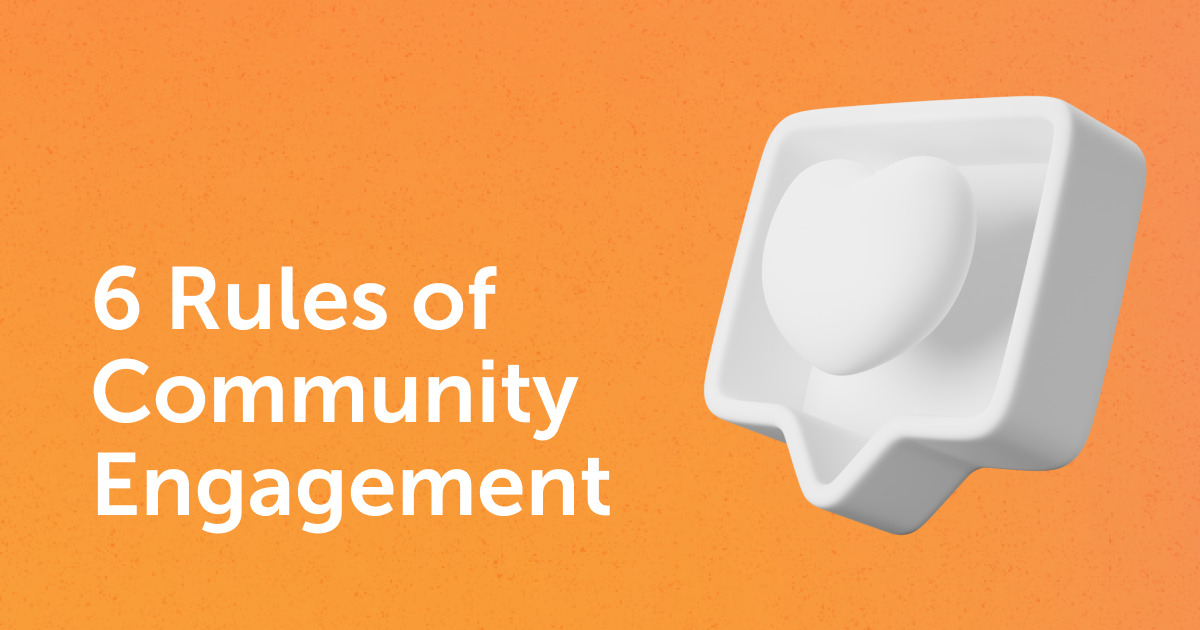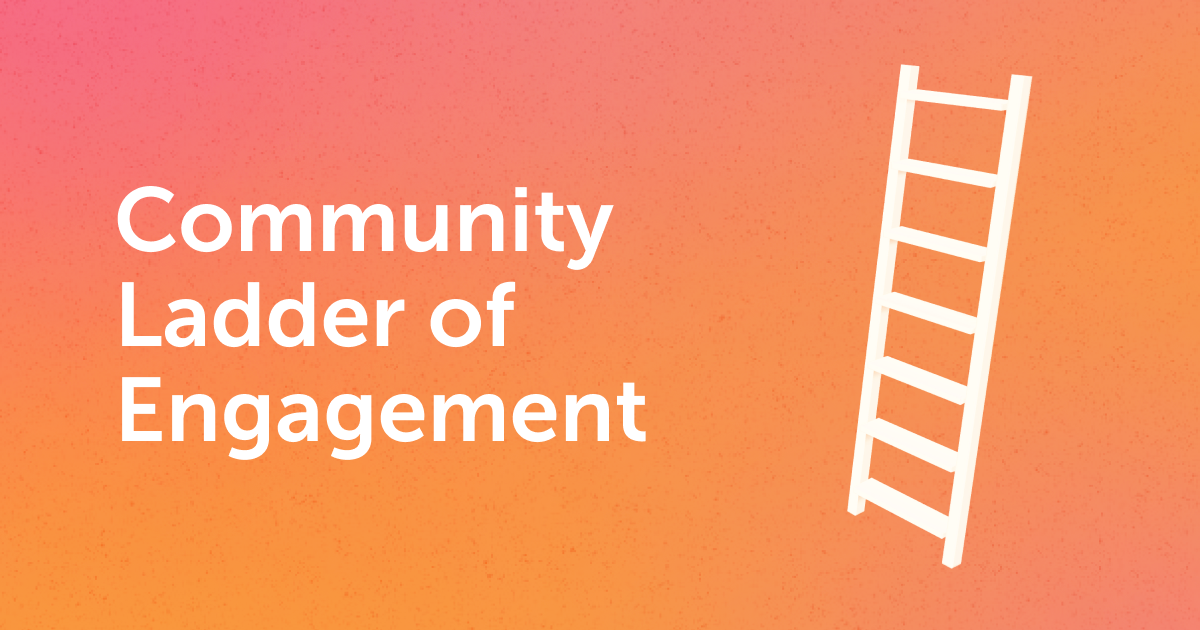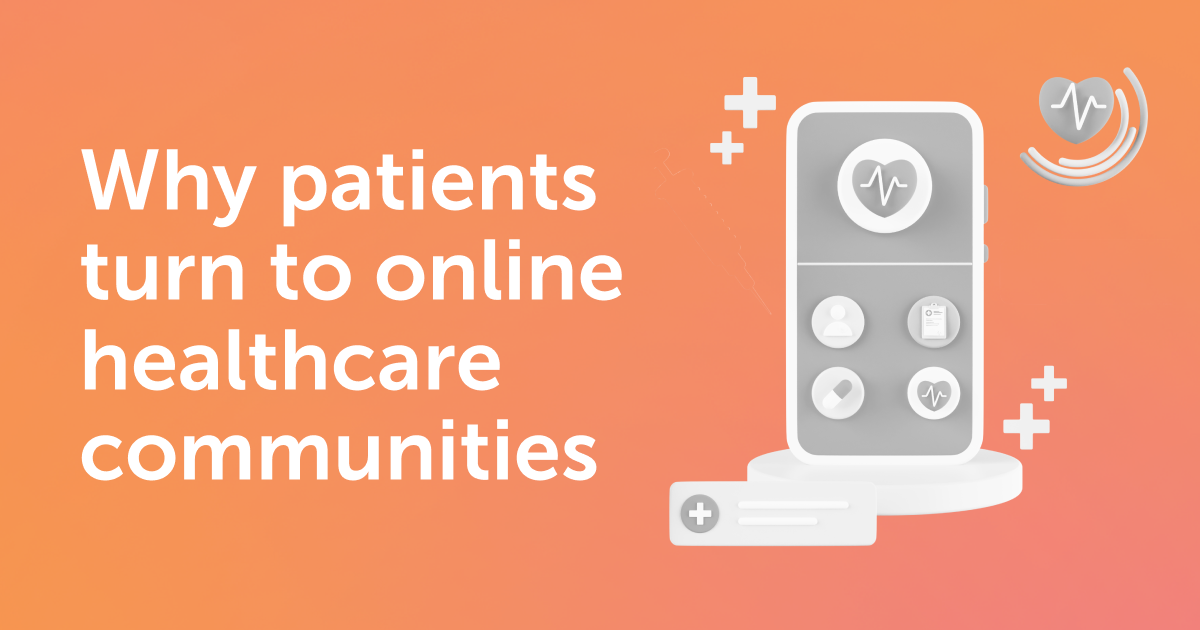What to know before starting a community on Facebook
With over 2.9 billion monthly active users, Facebook is without doubt the most popular social networking platform. The social network’s market dominance may lead us to believe it’s the perfect platform for bringing people together, but for community builders, Facebook and even Facebook Groups fall short.
In this article, we’ll explore the reasons for the platform’s shortcomings:
- An unpredictable algorithm.
- Higher costs, with lower returns.
- Bad actors in large audiences.
An algorithm stacked against brand communities.
Facebook’s algorithm is fundamentally designed to give users, not brands, the most personally relevant experience possible. This means your content is fighting for relevance in a sea of posts from friends and family, celebrities, and yes, competitors.
Your audience targeting has to be razor-sharp, and relevance across such an individualized algorithm is exceedingly difficult.
It begins to become clear why the average organic Facebook post only sees 0.07% engagement. A far cry from the 0.46% average you would expect with Google digital ads and far less engagement than a community should have.
Even when your brand begins to garner momentum on Facebook, levels of engagement remain precarious.
The algorithms are constantly changing, often with little transparency on how or why. This makes it difficult to establish a consistent presence and build relationships with a community.
Free, earned growth will cost you.
Facebook’s business model makes the prospect of organically growing your brand community nearly impossible. Because of the way the Facebook algorithm ranks posts, brands who want to reach new audiences are effectively required to pay for them.
The process of developing effective and well-targeted ads is time-consuming, without any guaranteed return. Coupled with the creeping price tag, and more recent dramatic increases, reaching a target audience can be a cost-prohibitive process.
Trolls drive valuable community members away
In 2021, troll farm content ran on nearly 40% of all Facebook user feeds. Negative posts and comments run rampant on Facebook, in fact, it’s a primary reason people leave the platform.
Moderating your brand’s Facebook posts can be a job in and of itself, and one that can lead to unnecessary discouragement.
Trolls hinder earnest campaigns, and other members of your audience might turn away on account of negative comments on your posts, this is especially true with new members exploring your community group for the first time.
Those are harsh conditions in which to build an audience–let alone a community space.
Consider Private Community Platforms
On a platform where brands have the tools they need to define and engage their audience, building a motivated and loyal group of members is straightforward and ultimately more valuable.
Instead of paying for the chance a targeted user might discover you, imagine inviting them directly to a community on your custom domain.
Unlike Facebook groups, a private online community platform is built to perfectly match your website, so you build brand equity at the same time you serve value to your users, employees, or stakeholders. Countable's platform even offers the opportunity to create mobile apps for your branded community.
This powerful Facebook group alternative lets you prioritize your relationship with your community members, rather than spending energy on the platform. Leave behind the distracting advertising and engage your members with meaningful actions. With analytics that go beyond what Facebook offers, community managers have the insights they need to create better experiences for members.
With a private community platform like Countable's, community engagement is built-in. Countable's community platform provides an excellent alternative to Facebook, with all the tools, customization, and analytics a brand needs to succeed with its audience.
Share this
You May Also Like
These Related Stories

The 6 Rules of Community Engagement

Community 101 Series: The Ladder of Community Engagement – A framework for scale, sustained growth, and earned trust

